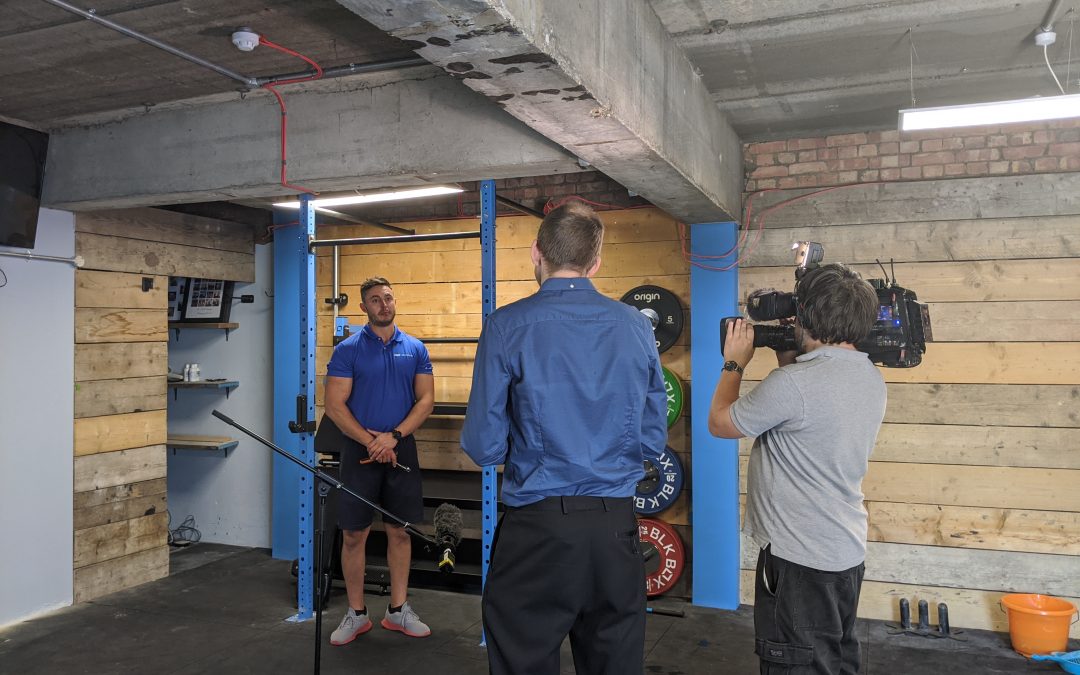I was proud to get Dan Mitchell, who owns DMF: Evolve, on regional broadcast news last week, to give reaction to the Government announcement that indoor gyms will not be able to reopen on the 4th July.
Dan moved his entire service online when lockdown happened and has invested thousands of pounds into refurbishing the gym to make it COVID-secure and enable members to return. All indications were that gyms would be able to reopen on the 4th July, but that wasn’t to be. It now looks like later in July.
To say that he was disappointed and frustrated would be an understatement. He’s has had no financial support from the government during the pandemic and he’s poured a lot of his own finances (not to mention blood, sweat and tears) into his business, which may not survive if it doesn’t open soon. He’s an independent business owner and he’s worried, like anyone would be. It got me thinking about how to give quality media interviews about a disappointment or frustrating topic, which you are emotionally invested in, without losing control.
Here are some quick tips to help you get your point across, despite the emotions which you may be feeling:
- Keep your voice calm. Raising your voice or getting animated will only draw to the fact that your annoyed and detract from why you’re annoyed and the actual words you’re saying.
- Try not to use too many hand gestures. When we get animated, our hands take on lives of their own, and vice versa. If you’re able to keep your hands together in front of you, your body will be calmer, and your voice will be calmer.
- You won’t get the questions from the reporter beforehand, but it’s likely they’ll tell you the areas they will cover, so pick 2 or 3 points you want to get across about each topic. This will help you stay on track.
- Make it personal to you. If this is about your business talk about you and your clients. Tell them how you feel and how hard you’ve work but keep point 1 in mind.
- Try and include some positives in your answers. Have you received support from clients or the public? What positive steps have your taken despite the frustrating situation you’re in? This is important for the audience to hear because it will give them hope in you and your business.
- Above all, take your time. Don’t rush to do media interviews if the subject is too raw or upsetting. If you feel you cannot keep it together, the worse thing would be to lose it during an interview, especially if that interview is live.
Dan and I spoke about a few of the points above before the interviews took place and he did really well, especially as this was the first TV interviews he’s done.
At this difficult and strange time, when lockdown is easing but there are still so many rules in place and the guidelines keep changing, many local businesses are going to be feeling the strain. However, they still need to be communicating to their audiences about how they are dealing with it. Media interviews are one way of getting your message out there. If you need any help with crafting your messages or choosing the right channel to use, get in touch.

Recent Comments